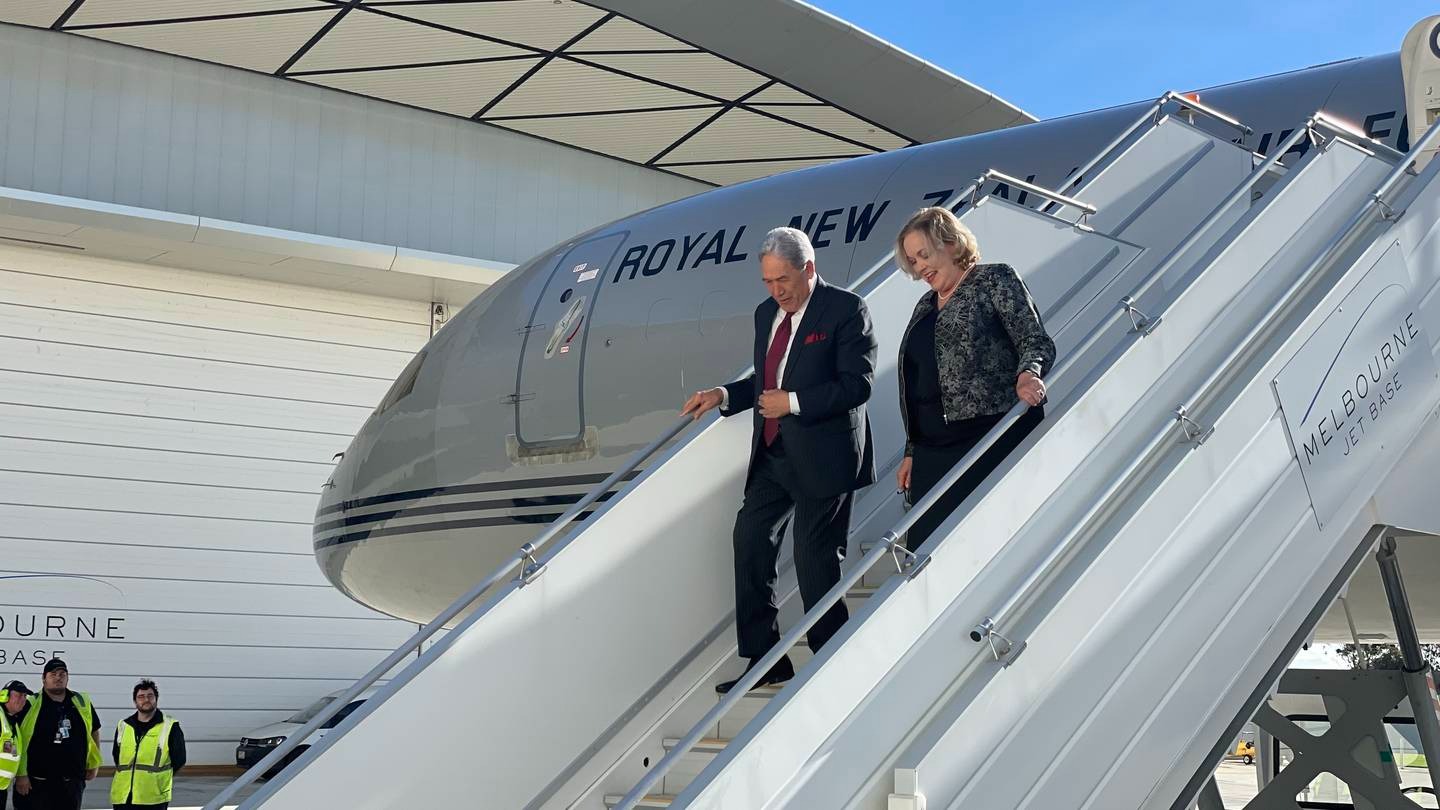
New Zealand can afford to be patient and observe from a distance before agreeing to join Aukus, according to an international studies expert, as links between New Zealand and the Indo-Pacific tech-sharing security agreement continue.
Foreign Affairs Minister Winston Peters was in Washington DC overnight where he met with US Secretary of State Antony Blinken. The words from Blinken to the media were warm and glowing.
"New Zealand and the United States are the closest of partners, the work that we're doing together with New Zealand is not simply bilateral or regional, it's increasingly global. There's nothing better than having strong partners like New Zealand, we couldn't be more grateful for that."
The comments came as New Zealand continues to weigh up whether to join the Australia, US and UK partnership in sharing security tech. Joining would come at the cost of potentially damaging the country's trade relationship with China.
Otago University international relations expert Robert Patman told Mike Hosking that the agreement could affect our relationship with both China, and our Pacific neighbours.
He said China will be looking at the joint statement with concern, and Pacific countries don't see themselves as pawns in a strategic game.
According to international studies expert John Battersby, there would be wisdom in New Zealand choosing to sit back and wait rather than rushing to commit to the agreement - which it walked away from in principle back in the early 1980s.
"We've got to see what we're going to give," Battersby told Mike Hosking on Newstalk ZB this morning.
"The world is a different place to what it was 30 years ago. We're now in a much more uncertain south-Pacific, regional-Pacific. Things are changing ... when Aukus was first announced I think we got a fright, we didn't know anything about it so I think we need to make sure we're aware of what's going on."

Hosking asked whether, with America on the right, Australia on the left and Japan up above, New Zealand was getting squeezed and feeling pressure to join the agreement. However, Battersby said this didn't necessarily mean the country had to commit.
He said the benefits need to be clear and the country should not simply join because of foreign politics with the West.
"We're making decisions that benefit us - so [whether] Aukus is a genuine benefit to us, that we can contribute actively to it and get stuff that we really need ... it's a tech-sharing agreement, it's not a military alliance," he said.
"So, I think we can sit and watch for a while and make a careful decision about whether we join or not."
On relationships with China, Battersby said it was where New Zealand's dilemma lies on whether it joins and potentially impacts trade.
He said New Zealand's foreign policy has always centred around trade - the country's democratic parliament and standard of living depended on trade relations with countries like China remaining strong.
The political environment of the Pacific has significantly changed in recent decades, Battersby said.
"Pacific countries now have a lot more leverage because they've got two big customers coming in, they can potentially cut one off from the other - back in the Cold War we saw how that happened," he told Hosking.
"So yeah, there's a lot more change around how we'll have to be a lot more mature around how we approach that. The one thing we don't want, is we don't want a contest in our front patch between China and the US."
Take your Radio, Podcasts and Music with you









